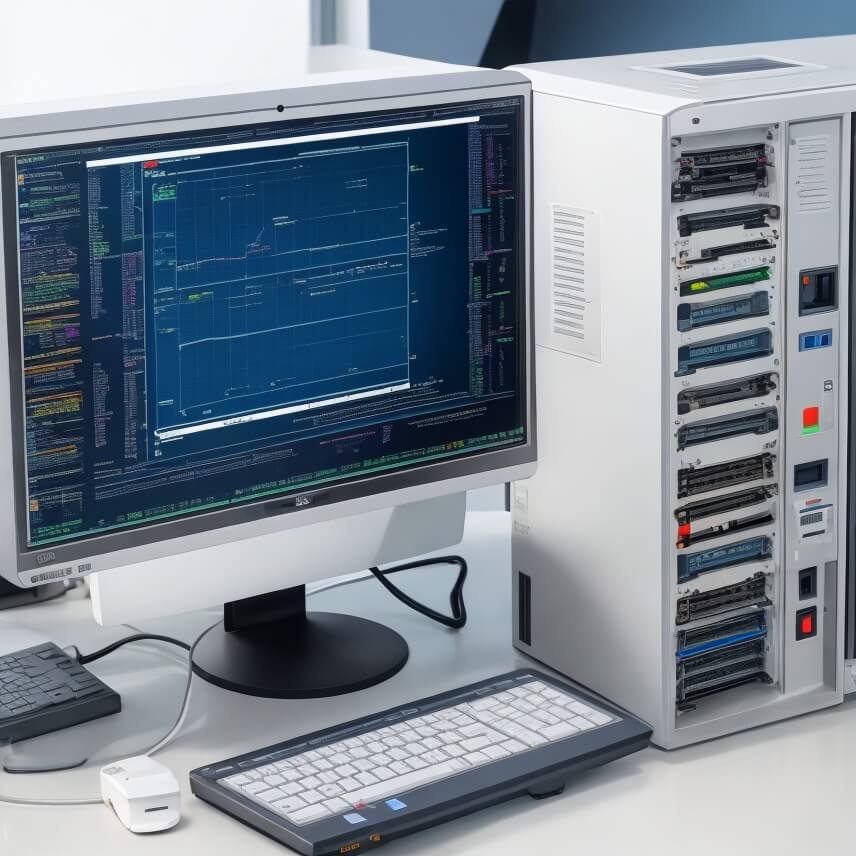In a significant move highlighting the escalating competition in the global artificial intelligence (AI) arena, Chinese tech behemoths Alibaba Group Holding Ltd. and Tencent Holdings Ltd. have invested a staggering 2.5 billion yuan ($342 million) in the AI startup Zhipu. This strategic investment, part of a broader trend of capital influx into the AI sector, signifies China’s determination to assert its dominance in AI innovation..
Chinese tech titans rally behind Zhipu
Alibaba and Tencent, China’s two largest technology firms, have joined a formidable group of investors in supporting Beijing Zhipu Huazhang Technology Co. These investors include Ant Group Co., Xiaomi Corp., HongShan (formerly Sequoia China), and food delivery leader Meituan. The collective investment of 2.5 billion yuan underscores the industry’s recognition of Zhipu’s potential in the AI landscape.
Notably, this investment is not an isolated incident. Similarly, many of these same companies participated in a recent $300 million funding round for another AI startup, Baichuan, which is positioning itself as a rival to Zhipu in the AI race.
Chinese AI startups aim to challenge global players
Zhipu and Baichuan are well-known startups in China’s AI ecosystem, focusing on generative artificial intelligence. Their goal is to compete with established players like OpenAI, backed by Microsoft and Google, in the development of advanced AI models.
Venture capital firms and tech leaders are pouring substantial investments into these startups, mirroring the enthusiasm in Silicon Valley and Europe. This funding surge reflects the industry’s recognition of AI’s transformative potential across various sectors, from transportation to media and finance. AI is poised to drive a new phase of economic growth, making it a crucial battleground for global tech giants.
The Chinese AI landscape takes shape
Beijing-based Zhipu made significant strides by securing government approval for a public rollout in August. Subsequently, it released an open-source AI model and introduced a chatbot named Qingyan. These developments demonstrate the company’s commitment to innovation and its ambition to compete globally.
Global implications of the AI race
The intense competition in AI between the United States and China has far-reaching implications. AI is expected to revolutionize industries across the board, potentially ushering in new economic growth. However, the technology also has government and military applications, adding complexity to the already tense Washington-Beijing relationship.
The United States recently tightened restrictions on Chinese access to advanced chips essential for training and running AI models. This move challenges Chinese AI developers who may need to explore homegrown alternatives. Washington has also been expanding its blacklist of restricted firms to include AI chip design companies, further complicating the landscape.
The significant investment by Alibaba and Tencent in Zhipu underscores the escalating competition in the Chinese AI sector. With the backing of major players, Zhipu and its peers are determined to challenge global AI giants like OpenAI and Google. The stakes are high, as AI innovation is poised to transform industries and economies worldwide. As China and the United States vie for supremacy in AI, the implications extend beyond technology, impacting geopolitics and global economic dynamics. This race is a testament to AI’s critical role in shaping our world’s future.





